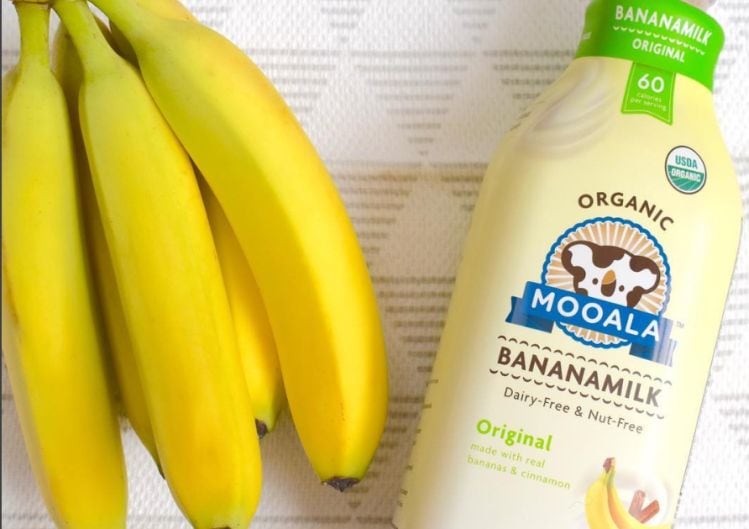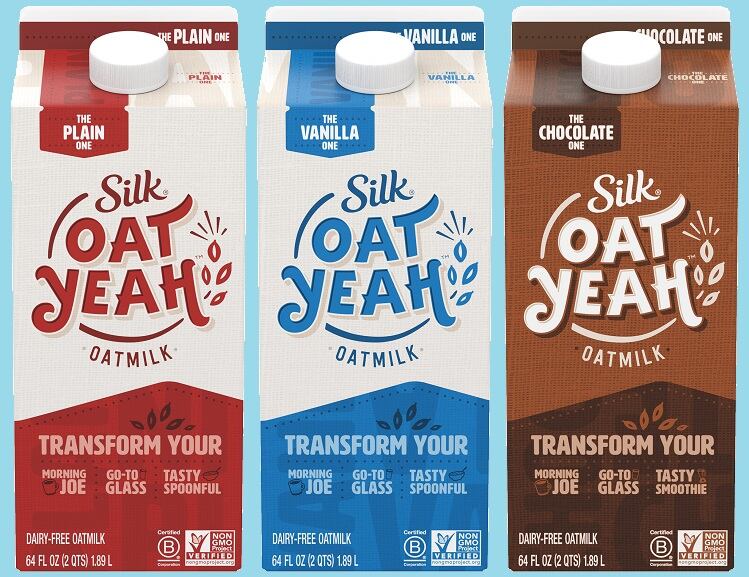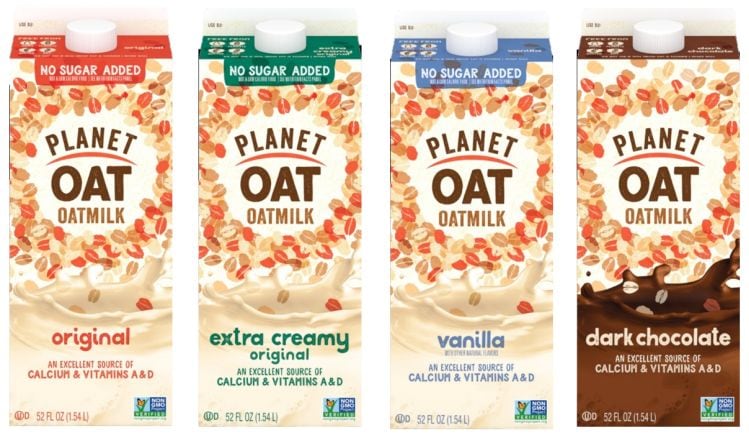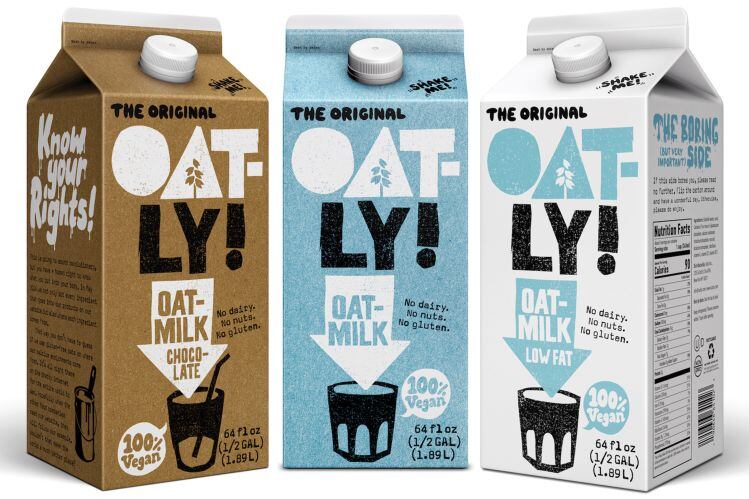Writing in response to a request for information on the use of dairy-derived terms in plant-based products, Doug Radi, CEO of flax-fueled brand Good Karma and PBFA board member, said the “entire debate over the use of the term milk and other dairy terms on plant-based foods and beverages is a solution in search of a problem.”
He added: “Companies selling dairy alternatives are using easy to understand, clear, descriptive and truthful language. Many brands use terms such as milk, yogurt, cheese, and cream, all with appropriate qualifiers such as non-dairy, dairy-free, alternative, or with a descriptive compound word qualifier such as ‘flaxmilk.’
“Consumers think these words represent proper descriptors for the products and do not believe we are trying to pass off our products as a dairy product. In fact, we would not be successful doing so as consumer buying our products are looking for alternatives to dairy.
“Plant-based foods that can directly replace dairy-based products make use of the same terminology (e.g. milk, butter, cheese) because they serve the same purposes and are used in almost exactly the same way as their dairy counterparts (in cereal, a glass, smoothies, coffee, etc). Consumers understand words in context.”
Good Karma: Milk is a liquid beverage that you put in cereal, smoothies, a glass, recipes and coffee
At Good Karma, which adds pea protein isolate to its flaxseed-based milks and yogurts, Radi said, “We do not share the concern implied by FDA’s questions regarding potential risk of poor nutrition due to differences between dairy products and plant-based alternatives. To the contrary, our products are nutritionally dense containing similar levels of protein, calcium, vitamin A, and vitamin D as dairy milk. Plus, our products contain omega 3s from flax, less sugar, less saturated fat and cholesterol. And, our products are allergen friendly with no dairy, nuts or soy.”
He added: “Milk is a liquid beverage that you put in cereal, smoothies, a glass, recipes and coffee. It's not necessarily something that only comes from cows (see goats, sheep, almonds, soy, rice, oat, coconut). If anything, you should modernize the standard of identity to reflect the current market and NOT go back to the 1950s.”
Standards of identity were designed to tackle rampant dairy milk adulteration
The Animal Law Committee of the New York City Bar Association added that the standard of identity for milk (limiting it to the lacteal secretions of cows) was “established to address the rampant adulteration of dairy milk products in the early 20th century that harmed consumers who wished to purchase cows’ milk, not to preclude or hinder the marketing of truthfully labeled new variations or new foods.”
School Nutrition Association: Consumers ‘simply aren’t aware of the nutritional differences’ between dairy and plant-based milks
However, dairy brand Land O’ Lakes cited a 2018 IPSOS survey commissioned by Dairy Management Inc., which found that 68% of consumers that only purchase plant-based milks believe they are nutritionally equivalent to dairy milk, while 53% of consumers in general believe that plant-based food manufacturers label their products ‘milk’ because they have similar nutritional value.
The School Nutrition Association, meanwhile, argued that many students and parents “simply aren’t aware of the nutritional differences” between dairy and plant-based milks.
Some brands of almondmilk contain four times more nuts than others
Consumers may also be unaware of the differences between different brands of plant-based milks, said the Animal Law Committee of the New York City Bar Association, which claimed that some brands of almondmilk contain four times more nuts than others.
“To help consumers determine the ratio of plant-sourced ingredients to water and other ingredients in plant-based milk products, the FDA should implement labeling requirements for these products similar to existing juice label requirements, which require juice products to disclose the proportion of fruit or vegetable juice to other ingredients.”
A new compliance policy?
While the FDA has largely ignored dairy producers’ calls for a crackdown on the use of dairy-derived terms such as milk, butter and cheese on plant-based products in recent years, FDA commissioner Dr Scott Gottlieb recently indicated that “a new compliance policy” may be on the cards.
But he also acknowledged that there could be legal challenges were the agency to suddenly ban terms such as ‘almondmilk’ having tacitly endorsed such terms on food labels for a decade, and recently issued a public request for information (RFI) to help inform the development of draft guidance to “provide greater clarity on appropriate labeling of plant-based alternatives.”
The RFI includes questions about the size of the plant-based dairy market, how products are labeled and merchandised, and what direct or indirect messages brands in the space are giving out about the nutritional properties. The FDA also wants data on why consumers buy them, how they're used, whether they think they are healthier and how consumers perceive or understand 'soy milk' vs 'soy-based beverage' or 'soy drink.' The deadline for submitting comments is January 28.
- Read a selection of stakeholder comments submitted thus far HERE.


According to Nielsen data shared with FoodNavigator-USA for the 52 weeks to August 25, 2018, US retail sales of milk alternatives (all outlets combined, excluding c-stores) were up 9.2%, with almondmilk – by far the largest segment - up 11.5%, blends up 45.4%, oatmilk up 35.5%, coconutmilk up 1%, ricemilk down 2.3%, and soymilk down 7.9%.




